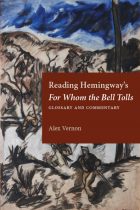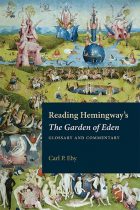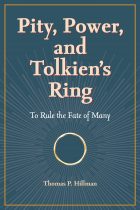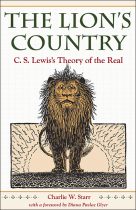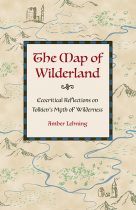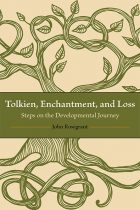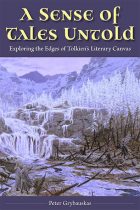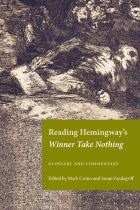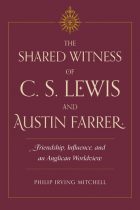Hemingway and Film
Cam Cobb and Marc K. Dudley | Filed under: Forthcoming, Hemingway Studies, Literature & Literary Criticism, Teaching Hemingway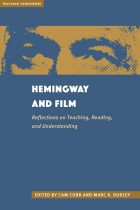
Though Ernest Hemingway distrusted Hollywood and often found himself in conflict with directors and producers, he frequented theaters and freely acknowledged the art and potential that cinema contained. In turn, the film industry’s interest in his stories has endured for nearly a century. Focusing on the relationship between written and cinematic work, Hemingway and Film brings together diverse literary and film studies scholars to both deepen understanding of Hemingway’s fiction and film adaptations and to provide practical guidance for approaching these topics in the classroom.
[tab:Editors]
Cam Cobb is associate professor of education at the University of Windsor and a rock journalist. He is the author of What’s Big and Purple and Lives in the Ocean? and Weighted Down: The Complicated Life of Skip Spence, and he codirected Buskin’ in the Subway, which competed in the Windsor International Film Festival.
Marc K. Dudley is professor of American literature and Africana studies at North Carolina State University. He appeared in the 2021 PBS documentary Hemingway and is the author of Hemingway, Race, and Art: Bloodlines and the Color Line; Understanding James Baldwin; and the forthcoming Understanding Ralph Ellison.

